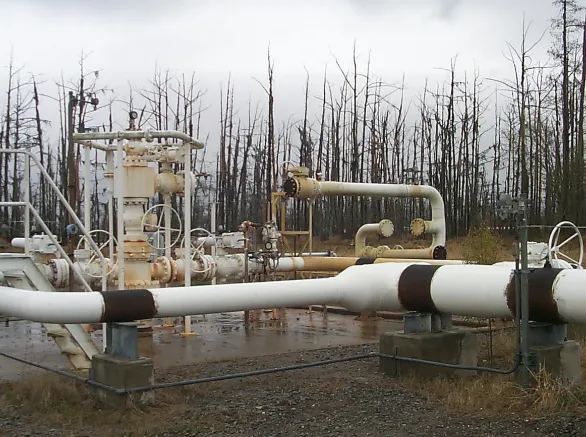

- M.B.A., Business Administration, Quantic School of Business and Technology, 2022
- Ph.D., Engineering Mechanics, University of Texas, Austin, 2011
- M.S.E., Engineering Mechanics, University of Texas, Austin, 2008
- M.S.E., Naval Architecture and Marine Engineering, University of São Paulo, 2003
- B.S.E., Naval Architecture and Marine Engineering, University of São Paulo, 2000
- Professional Engineer Mechanical, California, #43137
- Professional Engineer Mechanical, Louisiana, #0049834
- Professional Engineer, New York, #111920
- Professional Engineer Mechanical, Rhode Island, #PE.0015923
- Professional Engineer Mechanical, Texas, #118871
- Professional Engineer Naval Architecture/Marine Engineering, Texas, #118871
- Professional Engineer Petroleum, Texas, #118871
- Project Management Professional (PMP)
- Lecturer of Subsea Engineering, Department of Mechanical Engineering, Cullen College of Engineering, University of Houston, since 2021
- Advanced Skills Milestone in Pipelines and Risers, ExxonMobil, 2018
- OMAE Conference Appreciation Award, ASME, 2018
- Max L. Williams Endowed Graduate Fellowship in Mechanics of Solids, Structures, and Materials, 2011
- Roberto Rocca Education Program Fellowship, 2007
- The University of Texas at Austin Graduate School Recruitment Fellowship, 2006
- Brazilian Navy Award, 2000
- Brazilian Society of Naval Engineering Award, 2000
- American Society of Mechanical Engineers (ASME)
- Member of VVUQ 10 Subcommittee (Verification, Validation, and Uncertainty Quantification in Computational Solid Mechanics)
- Scientific Committee Member and Organizer of the International Conference on Ocean, Offshore & Arctic Engineering (OMAE)
- Society of Petroleum Engineers (SPE)
- Society of Naval Architects and Marine Engineers (SNAME)
- Houston Intellectual Property Law Association (HIPLA)
- Portuguese
Dr. Hallai specializes in solid mechanics, particularly applied to tubular structures such as pipelines, flowlines, and risers, as well as naval architecture for floating structures and their mooring systems. He is an Associate Editor for the ASME Journal of Pressure Vessel Technology and has 20 years of experience and expertise in deep water offshore drilling and production systems.
Dr. Hallai is a Lecturer in the Department of Mechanical Engineering at the University of Houston. He has expertise in computational (Finite Element Analysis: FEA) and experimental solid mechanics including model development, material characterization, calibration, verification, and validation for the design of structures, development of products, analysis of unanticipated events, prediction of behavior under extreme conditions and integrity management. He is a member of the ASME Subcommittee on Verification, Validation, and Uncertainty Quantification in Computational Solid Mechanics (VVUQ 10) and a scientific committee member and organizer of the International Conference on Ocean, Offshore & Arctic Engineering (OMAE).
He has expertise in non-linear structural analysis and failure modes including yielding, global and local buckling, fracture, and fatigue. He has developed methods for the dynamic analysis of mooring systems and their optimization. Dr. Hallai is skilled in offshore pipeline and riser installation methods and has extensive experience in hydrogen embrittlement of tubular structures transporting sour products (containing H2S). His experimental work has ranged from standard testing techniques to novel small-scale and full-scale methods.
Prior to joining Exponent, Dr. Hallai led R&D programs for ExxonMobil delivering high-impact solutions to challenges such as ultra-deep waters, higher pressures and temperatures, more corrosive environments, longer service lives and more demanding geographic areas. Dr. Hallai also provided solutions to ensure safe and economical operations worldwide including fitness-for-service, integrity management, and life extension assessments.
Dr. Hallai's academic work included investigating complex problems involving the interaction of material instabilities with structural instabilities and developing methods for the characterization of unstable materials such as carbon steels with Lüders bands and Nickel-Titanium shape memory alloys (NiTi SMA).
Julian's recent insights
